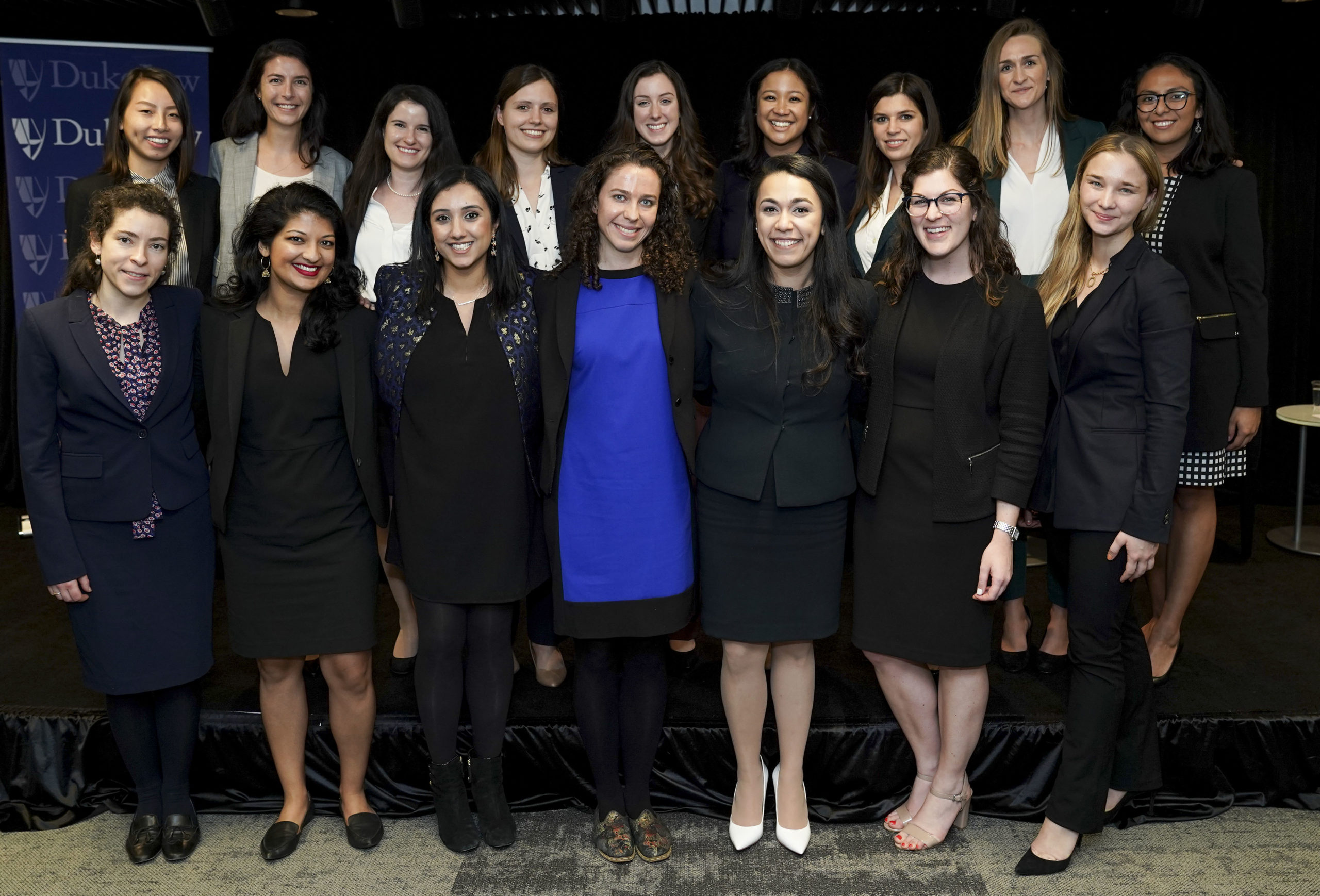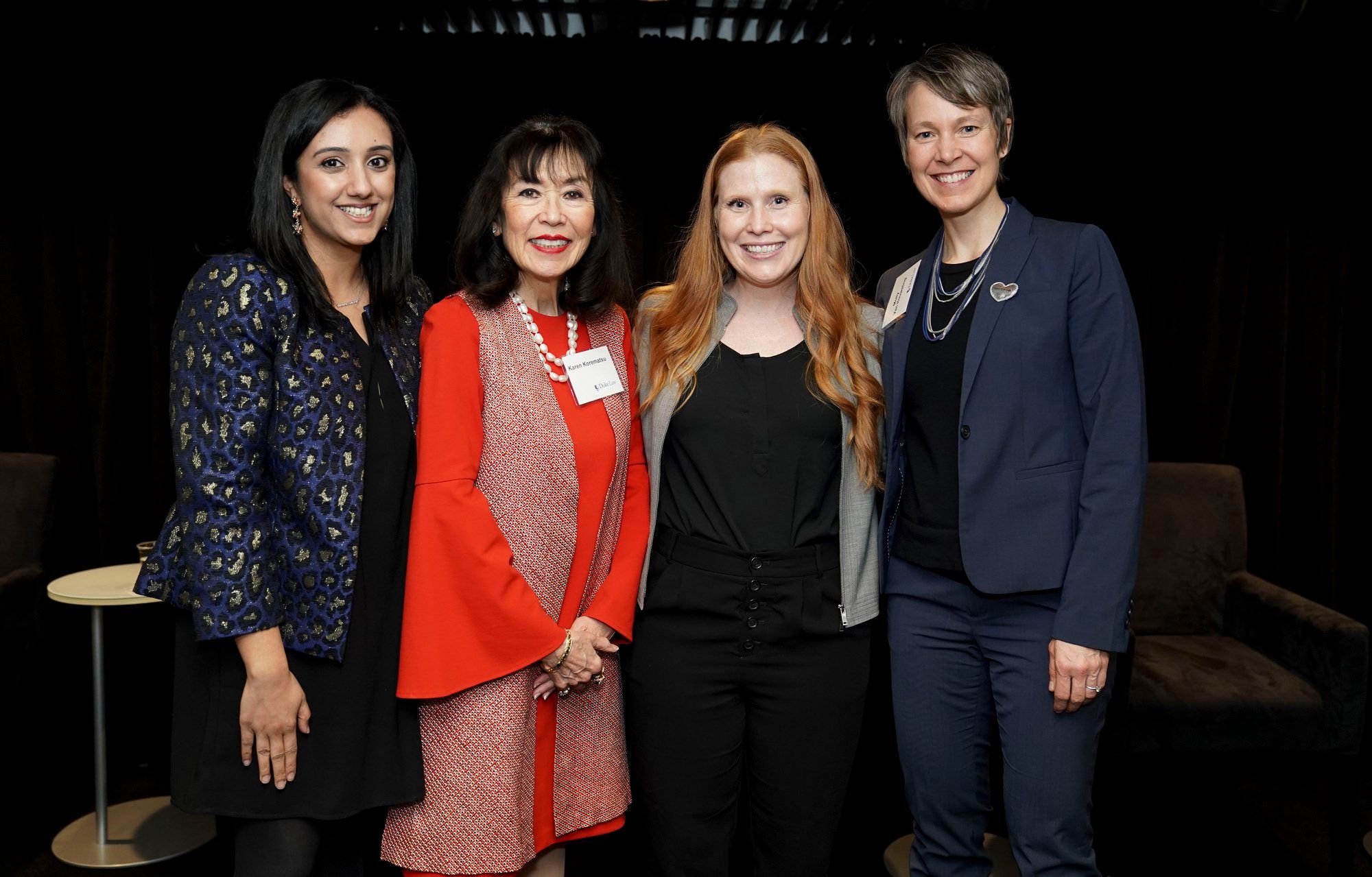
Reflection by California Law Review Vol. 108 Editor-in-Chief Noor-ul-ain Hasan ’20
In 1912, the California Law Review’s first editor-in-chief, Orrin McMurray (who later became a professor and dean of Berkeley Law), envisioned that CLR would concentrate on California law. The publication’s chief architects included turn-of-the-century California progressives who saw CLR as a vehicle for legal reform.
In fact, early issues offered critiques of proposed California legislation. Although CLR eventually adopted a national focus, consistent with our approach and mission today, the opportunity to work with Dr. Karen Korematsu prompted us to return to CLR’s earliest traditions.
The late Fred Korematsu’s experience as a civil rights activist and Dr. Korematsu’s work advocating for civil liberties is not only a story about civil rights on a national scale. If you look closely, it’s also an important story about California.
Fred Korematsu was born in Oakland. His parents purchased land there before California’s 1913 “Alien Land Law” took effect. It was Ernest Besig, executive director of the ACLU’s Northern California affiliate, who sought to challenge the constitutionality of Executive Order 9066, which authorized the internment of Japanese Americans and others during World War II.
Forty years after the 1944 U.S. Supreme Court ruling that detention of Japanese-Americans was a “military necessity” not based on race, Peter Irons, a political science professor at UC San Diego, unearthed a key, seemingly forgotten Department of Justice memo that led Asian Law Caucus co-founder Dale Minami ’71 to re-open the case. In 1983, Judge Marilyn Hall Patel (U.S. District Court for the Northern District of California) formally vacated Korematsu’s conviction.
Given these deep California connections, CLRs executive committee agreed that Dr. Korematsu would make an excellent contribution to the joint Women & Law publication in partnership with the law reviews of the top 16 law schools (according to the U.S. News & World Report rankings).
Thanks to the excellent editorial work of Alexandra Copper ’20 (managing editor), Daniel Ray ’20 (senior articles editor), Gus Tupper (senior articles editor), and Paul von Autenried ’20 (senior supervising editor), CLR effectively partnered with Dr. Korematsu to bring her story to life in this publication. Her essay, “Carrying on Korematsu,” along with the contributions of other incredible authors, comprises a powerful mosaic of reflections on the past and visions for an equitable, inclusive future.
We were moved by Dr. Korematsu’s work as executive director of the Fred T. Korematsu Institute and her tireless advocacy for civil rights. Moreover, we believe that her essay makes an important contribution to the joint publication because history has shown that one need not be a lawyer to influence or impact the law.

Dr. Korematsu’s story and critical civil rights work, such as her advocacy against the administration’s recent Muslim ban, reflects a systemic and intersectional understanding of racism. It builds upon the foundation of her father’s 1944 case and helps the reader understand its continuing and haunting relevance in 2020.
Her story shows that each of us must look beyond our own communities, identities, and creed and stand united in solidarity when any branch of government subordinates groups on the basis of race. And her contribution to the joint publication communicates something extraordinarily powerful, too: one does not need a law degree to change the law. Dr. Korematsu’s essay is inspirational because it prompts readers to recognize that they have the power, just as much as anyone else, to advocate for a fair and just rule of law.
Over a hundred years have passed since CLR’s creation. I am pleased that we continue to pay homage to the journal’s rich tradition of centering authors with innovative and courageous voices. I believe that participating in the Honoring Women’s Advancement in Law event organized by Duke University School of Law and the joint Women & Law publication is profoundly important for CLR as an institution and as a community.
For one thing, these experiences remind us of the importance of empowering historically marginalized people, such as women, people of color, and LGBTQ+ folks, to embrace opportunities to lead and chart a path for change.
And further, I believe this historic collaboration and milestone should prompt CLR, its peer law journals, law schools, and the legal profession as a whole to enrich their commitment to fostering greater inclusion and aiming even higher—from the pages of law reviews and journal mastheads to academic faculty appointments, law school student bodies, and beyond.